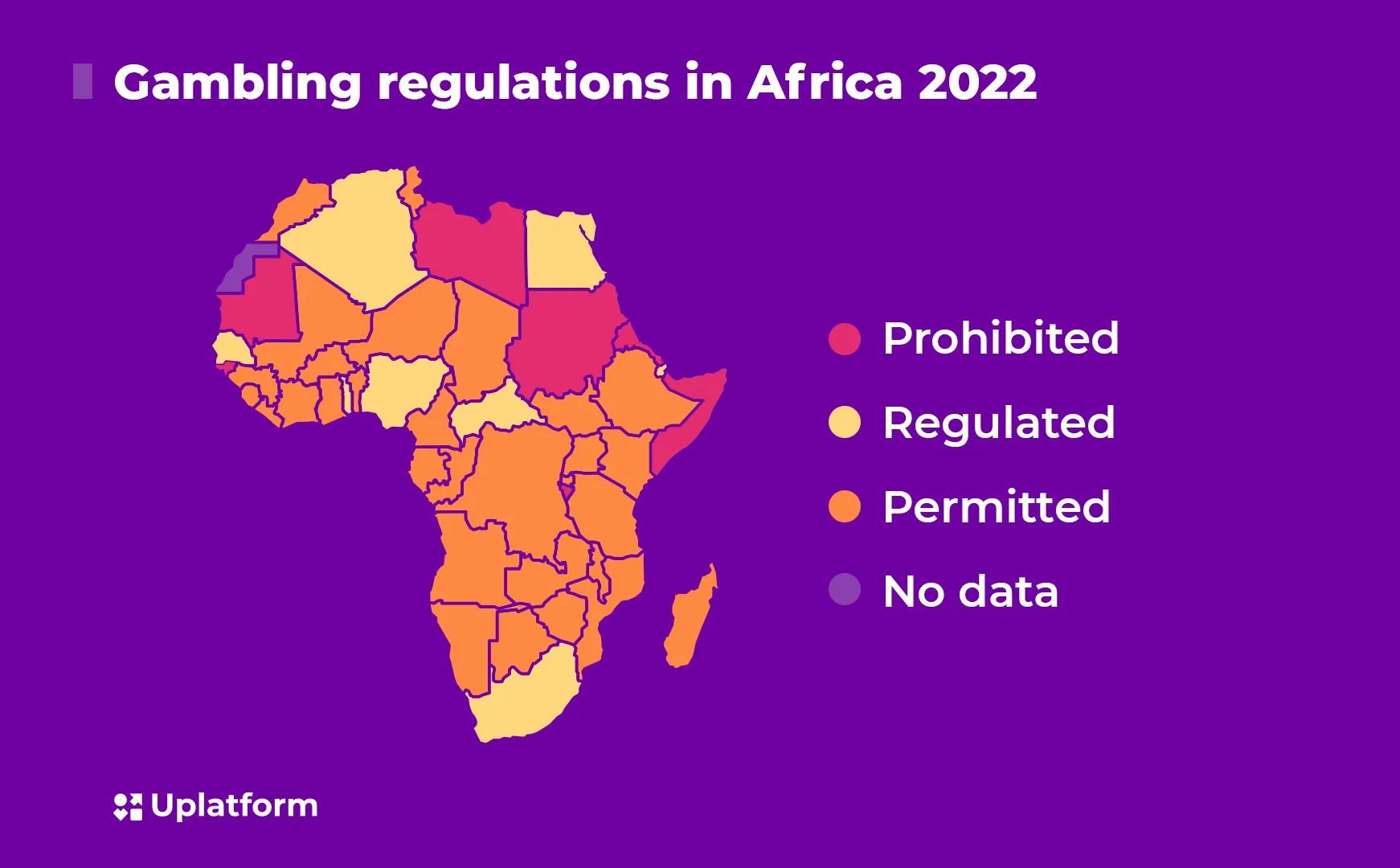Sports betting has been a popular form of entertainment for centuries, with people placing wagers on various sports events in hopes of winning big. But with the rise of online betting and the increasing popularity of sports leagues worldwide, the industry has faced a plethora of legal challenges and regulations.
From country to country, laws regarding sports betting can vary greatly, making it difficult for bettors to understand what is legal and what is not. This article aims to provide an in-depth look at sports betting laws from around the world, giving readers a comprehensive understanding of the legal landscape of this multi-billion dollar industry.

Understanding Sports Betting Laws: A Brief Overview
Before delving into the specific regulations of different countries, it is crucial to understand the basic principles behind sports betting laws. The legality of sports betting is determined by a country’s government, with each nation having its own set of rules and regulations.
In general, there are three types of laws that govern sports betting – prohibition, monopoly, and regulation. Prohibition laws completely ban any form of sports betting, while monopoly laws allow only one entity (usually the government) to have control over the industry. Regulation laws, on the other hand, permit multiple operators to offer sports betting, but under strict regulations set by the government.
The most common form of regulating sports betting is through licensing, where operators must obtain a license from the government in order to legally offer their services. These licenses often come with strict guidelines and requirements, ensuring the safety and fairness of the industry for both operators and bettors.
Now, let’s take a closer look at how these laws are applied in different countries around the world.
United States: The Legalization of Sports Betting
For many years, betting on sports was illegal in all but four states in the US – Nevada, Oregon, Delaware, and Montana. This was due to the Professional and Amateur Sports Protection Act of 1992, which prohibited sports betting in all other states.
However, in May 2018, the Supreme Court of the United States struck down this law, stating that it infringed upon state sovereignty and violated the 10th amendment of the US Constitution. This decision opened the doors for individual states to legalize sports betting if they so choose.
As of now, 26 states have legalized sports betting, with more expected to follow suit in the coming years. Each state has its own set of regulations, but some common requirements include obtaining a license from the state’s gaming commission, paying a hefty application fee, and adhering to responsible gambling guidelines.
The Rise of Online Betting
With the legalization of sports betting in the US, online betting has also seen a surge in popularity. In states where online betting is legal, operators must have a physical location within that state and obtain an online betting license.
Currently, only a handful of states offer online sports betting, but with the success and convenience of online gambling, it is expected that more states will follow suit in the near future.
United Kingdom: A Regulated Market

In contrast to the US, the UK has long been known for its liberal stance towards gambling. The Gambling Act of 2005 legalized most forms of gambling, including sports betting, and established the UK Gambling Commission to regulate the industry.
Under UK law, any company looking to offer sports betting services must obtain a license from the Gambling Commission. This includes both online and land-based operators, ensuring fair play and responsible gambling practices.
The Role of Advertising
One key aspect of sports betting laws in the UK is advertising regulations. Operators are allowed to advertise their services, but they must adhere to strict guidelines set by the Advertising Standards Authority (ASA) and the UK Gambling Commission.
Operators must ensure that their advertisements are not misleading, do not target minors, and promote responsible gambling. Failure to comply with these regulations can result in heavy fines and even revocation of their license.
Australia: A Nation of Gamblers
Australia has long been known for its love of sports and gambling, making it one of the biggest markets for sports betting in the world. However, the country has also faced its fair share of challenges when it comes to regulating the industry.
In Australia, both land-based and online sports betting is legal, but operators must obtain a license from each individual state or territory in which they wish to operate. This can be a costly and time-consuming process, making it difficult for smaller operators to enter the market.
The Impact of Advertising and Promotion
Similar to the UK, advertising and promotion of sports betting is heavily regulated in Australia. Operators are not allowed to target minors, offer inducements such as free bets, or imply that gambling can be a solution to financial problems. Failure to comply with these regulations can result in significant fines and even criminal charges.
Asia: A Region of Contrast
The Asian region is home to some of the most diverse and complex sports betting laws in the world. In some countries, sports betting is completely prohibited, while others have a thriving and highly regulated industry.
For example, in Japan, all forms of sports betting are illegal, with the exception of horse racing and motorsports. On the other hand, Macau is known as the gambling capital of Asia, with a flourishing sports betting market.
The Growing Popularity of Online Betting
Despite the varied laws and regulations across Asia, one common trend is the rise of online betting. Many countries in the region have seen an increase in online gambling, with governments struggling to keep up with the growing popularity.
In countries where online sports betting is prohibited or heavily restricted, players often find ways to access international bookmakers through the use of VPNs. This has led to concerns about the potential negative impact of unregulated online gambling on both individuals and the economy.
Europe: The Most Liberal Market
When it comes to sports betting laws, Europe is one of the most liberal regions in the world. In many European countries, sports betting is legal and regulated, with operators required to obtain a license from their respective governments.
The EU has also taken steps towards standardizing regulations across member countries, with the aim of creating a fair and competitive market. However, there are still some challenges faced by operators, such as high taxes and restrictions on advertising.
The Role of Government Monopolies
One unique aspect of the European market is the presence of government monopolies in certain countries. These monopolies hold a tight grip on the industry, with only a handful of licensed operators allowed to offer sports betting services.
This has been a point of contention for many years, as some argue that these monopolies limit competition and innovation within the industry. However, others argue that they provide a level of safety and security for players, as these monopolies are heavily regulated by the government.
South Africa: Challenges in Regulating Sports Betting

South Africa is another country that has faced challenges in regulating the sports betting industry. While all forms of gambling are legal in the country, there are strict regulations in place, making it difficult for operators to enter the market.
In order to offer sports betting services, operators must obtain a license from one of the country’s nine provinces. However, these licenses do not come easily, as applicants must meet a long list of requirements, including financial stability, responsible gambling practices, and a clean criminal record.
The Impact of Illegal Gambling
One of the biggest challenges faced by South Africa in regulating sports betting is the prevalence of illegal gambling. Many players opt to use unlicensed and offshore bookmakers, which not only deprive the government of tax revenue but also pose a risk to players as there is no consumer protection in place.
The country has been working towards stricter enforcement of its laws, with increased penalties for illegal gambling and efforts to educate the public about the dangers of using unlicensed operators.
Conclusion: The Complex World of Sports Betting Laws
As we have seen, the laws and regulations surrounding sports betting can be vastly different from country to country. While some nations have embraced the industry and created a regulated and competitive market, others still face challenges in effectively managing it.
With the continued growth and popularity of online betting, it is more important than ever for governments to work together in creating cohesive and comprehensive regulations that prioritize the safety and well-being of both operators and bettors.
While there may always be differences in opinions and approaches to regulating sports betting, one thing is for sure – this multi-billion dollar industry will continue to thrive and evolve, bringing entertainment and excitement to millions of people worldwide.